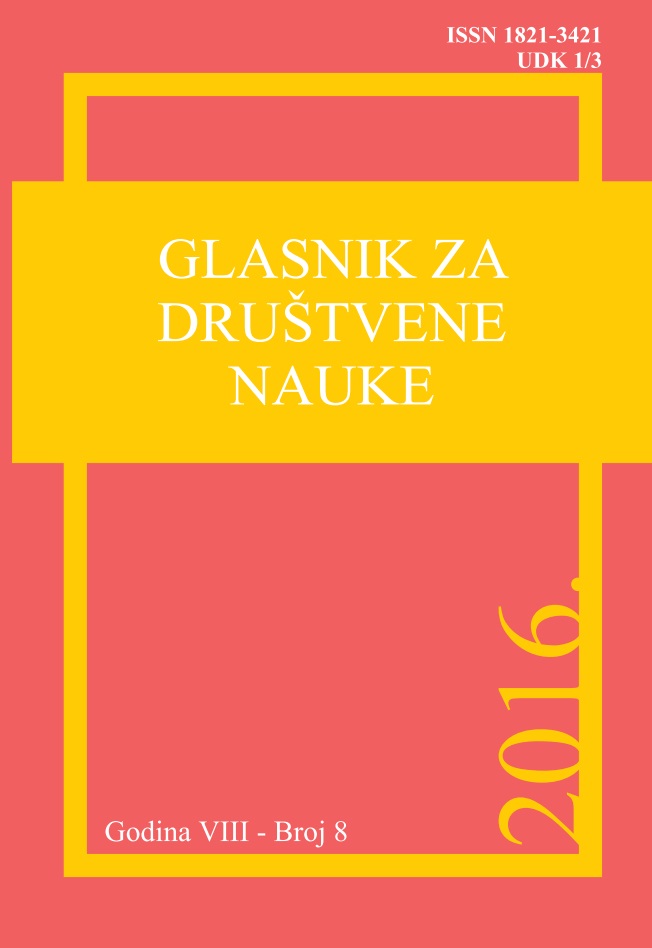Savremena politika i moral
Contemporary Politics and Morality
Author(s): Dragana PešićSubject(s): Political Philosophy, History and theory of political science
Published by: АЛФА БК УНИВЕРЗИТЕТ
Keywords: Politics; morals; ethics; Machiavellism; political morality; aims; means.
Summary/Abstract: This paper deals with a relationship of morality and politics through time. Primarily, it indicates their tight alliance during ancient times, when politics sought to virtue, raising character, and did not act technically, but pedagogically. It is considered that Aristotle was the most important representative of this point of view. According to him, the state must aim to achieve the highest good and politics, as the science of the state, is the doctrine of the highest good. Politics strives for what is right, fair and useful for society as a whole. The new century brings a different concept of politics and accompanying political practice. Politics becomes a technique of government, and its main goal is to win and maintain power. On that path all means are permitted, even the repressive ones. Thus, politics is separated from morality. The basis of this view is found in the works of Machiavelli. According to Machiavelli, politics should not be exempted from the norms of conventional (individual) morality. Consequently, politics has its own morality, therefore the second part of the paper deals with the nature and characteristics of political morality. Afterwards, it considers the importance of the relationship between objectives and means, as well as the relationship between political regime and political morality. In the final part of the paper are shown the weakened connections, i.e. the gap between politics and morality in modern society, as well as the undeniable importance of ethics for the high-quality modern politics.
Journal: Glasnik za društvene nauke
- Issue Year: 2016
- Issue No: 8
- Page Range: 89-108
- Page Count: 20
- Language: Serbian

